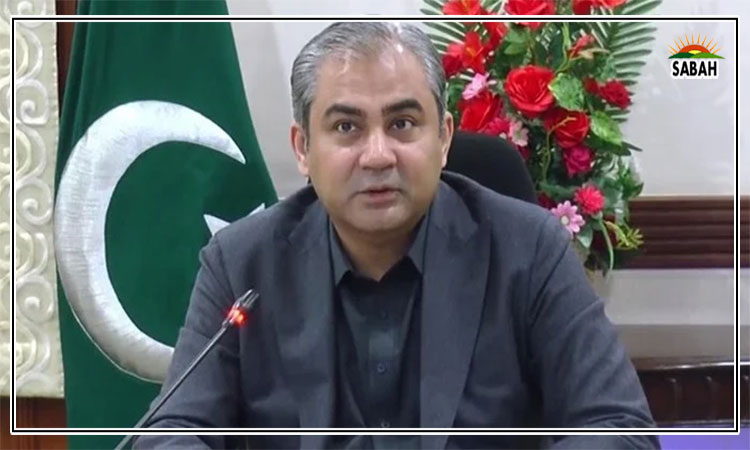A Man With Nerves of Steel: Remembering Imtiyaz Aalam…Sheikh Abdul Moomin
There are lives that pass unnoticed and fade into the routine of history. And then there are lives that refuse to be forgotten. They always remain on the right side of history and, as is always the case, history remembers them for all the right reasons. Bashir Ahmad Pir, whose nom de guerre was Imtiyaz Aalam, was one such soul whose story is not just of one man’s struggle but an example of an unbroken spirit and a cause carried on the shoulders of those who refuse to surrender.
Born in the small village of Babapora, Kupwara, in 1965, Imtiyaz Aalam was not an ordinary child. From an early age, he carried within him a spark that would later ignite into a flame of resistance against oppression and injustice. Raised in a deeply religious household, he found solace in the words of the Quran and often spent hours teaching it to children. But alongside teaching the Holy Scripture, which guides us in distinguishing between truth and falsehood, he viewed the world as a battlefield of right and wrong, where silence was never an option.

By the early 1990s, as Kashmir’s skies darkened with the smoke of conflict, he made his choice. Leaving behind the comforts of home, he walked into the fire and embraced the path of armed resistance. He fought not for personal glory, nor for fleeting revenge, but for a cause deeply embedded in the soul of his homeland. Fear was not in his language.
Imtiyaz Aalam became a nightmare for the enemy. His presence on the battlefield was not just that of a great fighter, but of a man with unshakable faith and conviction. The Indian forces recognized his strength and made him their prime target. In 1991, he was severely wounded in the fierce battle of Zaffar Khani, where many of his comrades attained martyrdom. Despite his injuries, he neither begged for mercy nor showed any signs of surrender. He was taken captive—his body broken, but his will remained unshaken. The prison walls of Kot Bhalwal were meant to break men like him, but Imtiyaz Aalam only emerged stronger. Even behind bars, he continued his struggle—educating, preaching, and inspiring.
His release in 1993 did not mark the end of his journey; it was merely another beginning. Most men, after facing such torment, would have chosen exile and a quiet life away from the battlefield. But he was not like most men. The fire still burned, and his purpose was not yet fulfilled. He returned to the fight with the same determination and struck fear into the hearts of those who sought to silence his people.
But resistance came at a heavy price. The enemy knew that to weaken his resolve, they would have to strike where it hurt the most—his family. His younger brother, Nazir Ahmed Pir, was taken before his wedding, brutally tortured, and executed. His father, Mohammad Sikandar Pir, met the same fate, his body riddled with bullets. Their corpses bore the scars of brutality, but their sacrifice only strengthened his resolve. Even after losing his family members in such a horrific manner at the hands of the Indian military, Imtiyaz Aalam did not retreat. He did not seek refuge. He carried on. Even in exile, he remained in a battle-ready stance and never succumbed to the comforts that often dull the edge of revolutionaries.
And then, on a fateful evening in February 2023, darkness finally caught up with him. As he walked back from the mosque after Maghrib prayers, bullets rained upon him. He fell, but his last words were of faith and defiance—La ilaha illallah, Muhammadur Rasulullah (SAW). It was a martyr’s departure and an end befitting a man who had lived his life on the battlefield.
After his assassination, the weight of his loss was immeasurable, but so was the rage it ignited.
Recently, as a court in Pakistan sentenced his killers to death and handed rigorous imprisonment to their accomplices, there is a sense of solace. A sense that his blood was not shed in vain. The verdict is a message that those who believe they can erase the struggle by silencing its voices will always be proven wrong.
Imtiyaz Aalam never showed signs of fatigue and never strayed from his path. Even in exile, where many find comfort and lose sight of their battles, he remained steadfast. His struggle did not end with his exile; it continued until his very last breath.
And today on his martyrdom anniversary, as his stories of resistance continue to inspire, one thing is certain—his spirit remains unbroken, and his cause is indeed alive. Martyrs do not die; they become the light that guides generations. And so will he.












